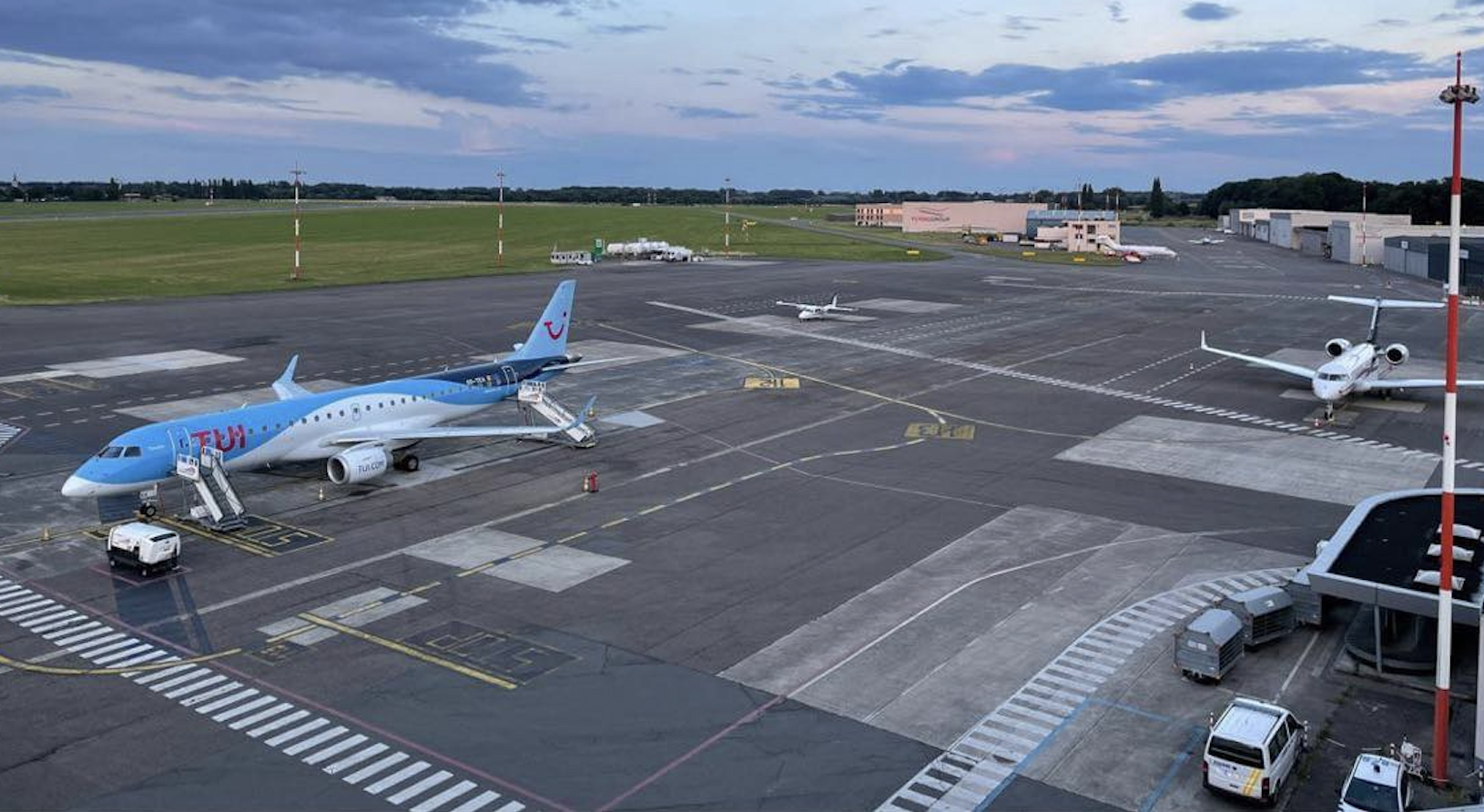
Groen denounces 72% domestic flights at Deurne Airport

Groen demands the closure of Deurne’s heavily subsidized airport. Especially the fact that over 70% of all flights at the airport are domestic is a thorn in the side of the political party /Luchthaven Antwerpen
Of all flight movements recorded at Deurne Airport, near Antwerp, in 2022, 72% were domestic flights. This is according to figures requested


Comments
Ready to join the conversation?
You must be an active subscriber to leave a comment.
Subscribe Today